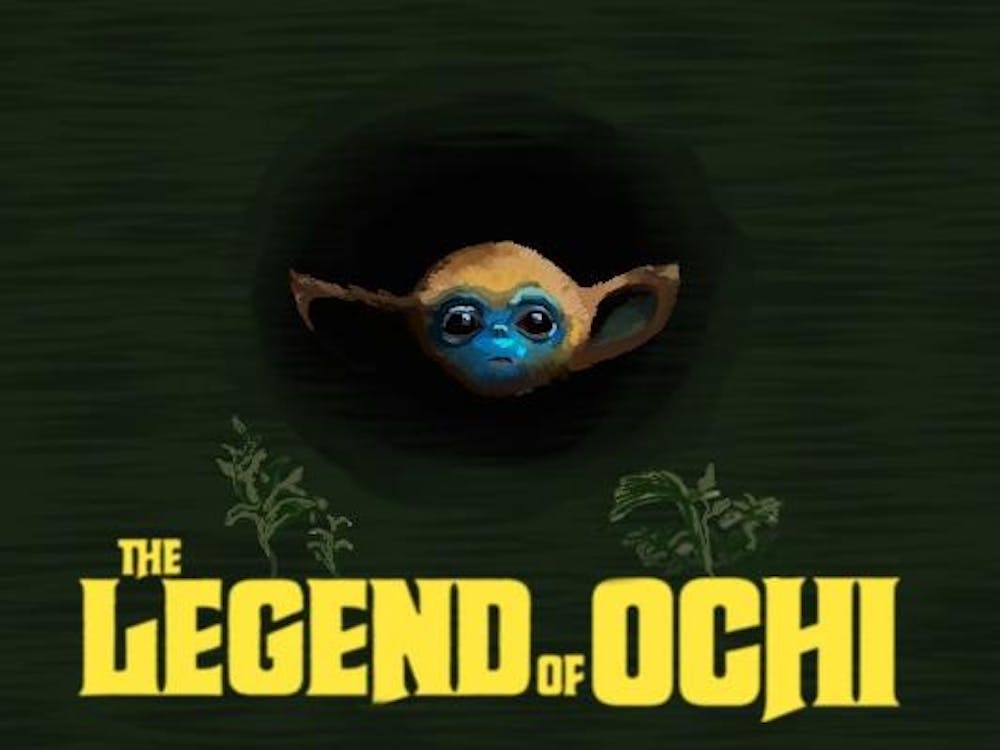DC Comics and Warner Bros. Pictures are not particularly interested in a single cohesive direction for the DC Extended Universe, seeing as their most recent film lineup includes last December’s CGI fish-man epic “Aquaman” as well as the announcement that a morose, demented Joker film will be released later in 2019. “Shazam!,” which hit theaters April 5, reflects this attitude in that it feels like a callback to an earlier era of superhero films, before the development of shared cinematic universes. It’s reminiscent of a time when superhero films were independent projects — neither devoted to world-building for future films nor themselves dependent on the world-building of those that came before it.
In some ways, “Shazam!” almost feels like it’s actively trying to distance itself from the shared universe it is allegedly set in — five years ago, “Man of Steel” implicitly equated the arrival of Superman to the second coming of Christ, and now in “Shazam!” humanity’s reaction to a flying man in a cape is little more than curious stares and phone-recorded videos. “Shazam!” feels like a “back to basics” approach, an attempt to make a solid and self-contained origin story without any regard for the consistency or support of a larger universe.
“Shazam” follows the story of Billy Batson (Asher Angel), a teenage foster child who refuses to settle down with an adoptive family as he searches tirelessly for his biological mother. Unbeknownst to Billy, world-changing forces are thrown into chaos when Dr. Thaddeus Sivana (Mark Strong) steals an immense and evil source of magic from the wizard Shazam (Djimon Hounsou). In an act of desperation, the wizard Shazam chooses Billy as heir to his power, and grants him the ability to transform into the Herculean hero Shazam (Zachary Levi) whenever he utters the magic word “shazam.” Billy and his foster brother Freddy Freeman (Jack Dylan Grazer), ignorant of the encroaching threat of Dr. Sivana, start experimenting with these magic powers and walk the fine line between using them and abusing them.
The story isn’t driven by a core quest or goal so much as it is by the whims and actions of its characters, and to its credit, the film has assembled a very strong cast. The writing successfully gives each character a distinct voice, the character mentalities are generally well thought-out and the younger actors who make up Billy Batson’s foster siblings take to their roles with gusto. However, despite the obvious effort that went into crafting a strong base of character relations from which Billy Batson’s character arc can sprout, the film doesn’t devote much time at all to showing Billy interacting with his foster family, the relationship that should be the emotional core of the film, and much of the third act feels underdeveloped as a result.
Furthermore, the depiction of Billy Batson is a problem in itself — Asher Angel’s performance as a troubled teen and Zachary Levi’s performance as an awkward child in a man’s body are each very strong and hard to dislike, but fundamentally, they do not feel like the same person. There’s a significant disparity between the energy and inflection of their respective dialogues, which creates a tangible disconnect whenever one is calling back to the experiences or actions of the other. By the end, “Shazam!” comes off as a film that should have a much stronger emotional catharsis than it actually does.
The lack of clearly defined stakes helps the film to establish a care-free and goofy attitude for most of its runtime, as Billy’s power experiments have less to do with actually discovering his limits and more to do with satisfying the curiosity and gratification instincts of an adolescent. The film practices a style of comedy that focuses more on simple one-off gags than any kind of running jokes or background humor, firing off quickly enough that any duds are quickly compensated for with another jab at the funny bone. The gags are sufficiently entertaining and rarely annoying, but the casual attitude overall feels extremely at-odds with the usage of the villain Dr. Sivana.
Sivana is, to put it plainly, far too serious for this film. If the intent was for him to stand as a sober foil for Shazam to bounce off, the execution is highly questionable. His evil exploits are occasionally bewilderingly brutal, both visually and conceptually, and his mildly aggressive delivery is neither interesting nor memorable. His slow and solemn approach in the face of Shazam’s childish ploys oversteps the bounds of comedy and becomes boringly frustrating — this plot just does not have room for such an intelligent and calm villain, as it has to constantly contrive scenarios wherein he takes every action other than the obviously optimal one for no reason.
In the end, the biggest problem with “Shazam!” is one of progression. Oftentimes events feel like they’re playing out without regard for any particular resolution, not really building up to any significant story development or payoff. However, there are moments where “Shazam!” absolutely nails its target audience, when something of substance is achieved — where an earnest emotion or idea is perfectly realized. The film’s flaws are many in number but shallow in depth, easy to ignore behind a layer of appealing characters, pleasant comedy and effective story. Not energizing enough to make people yell its name, but faithful enough to the fantasy that more than one person will walk away and whisper “Shazam!”







